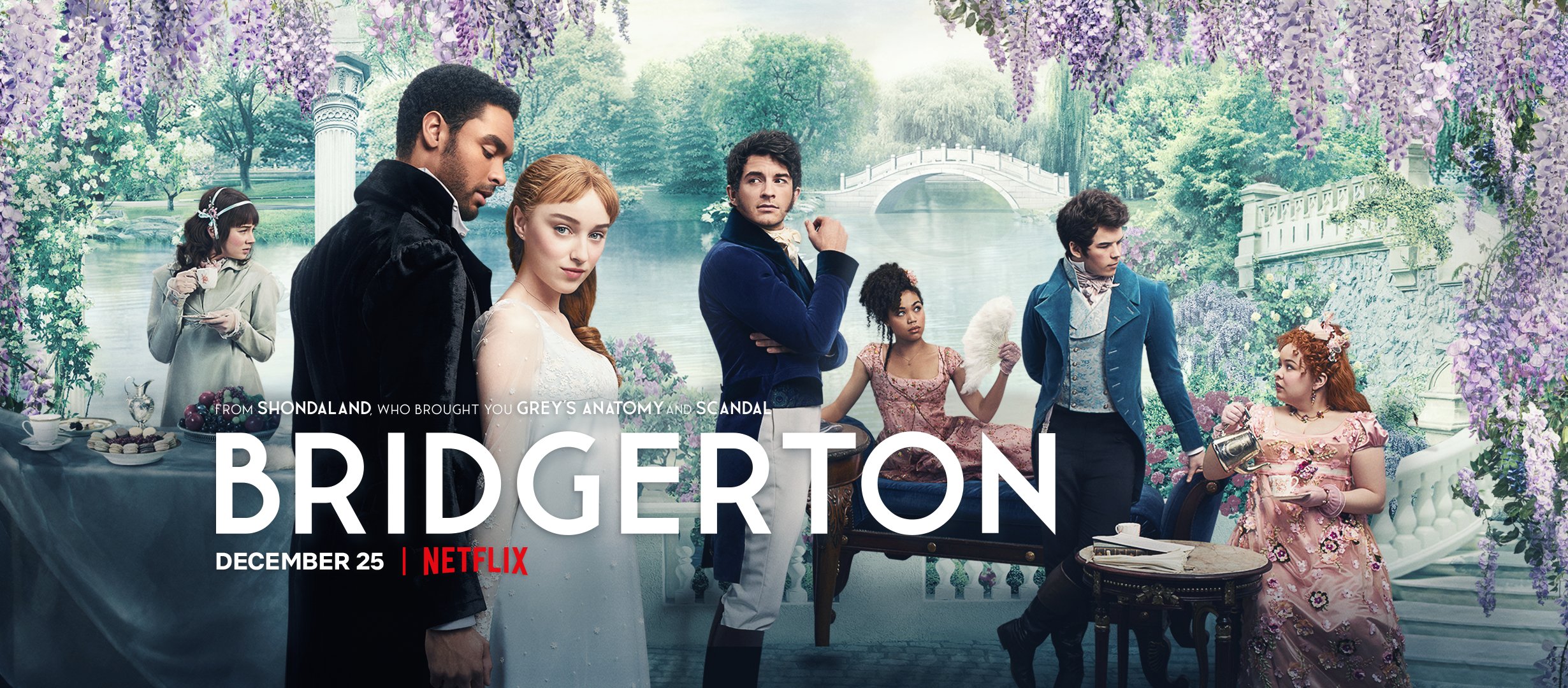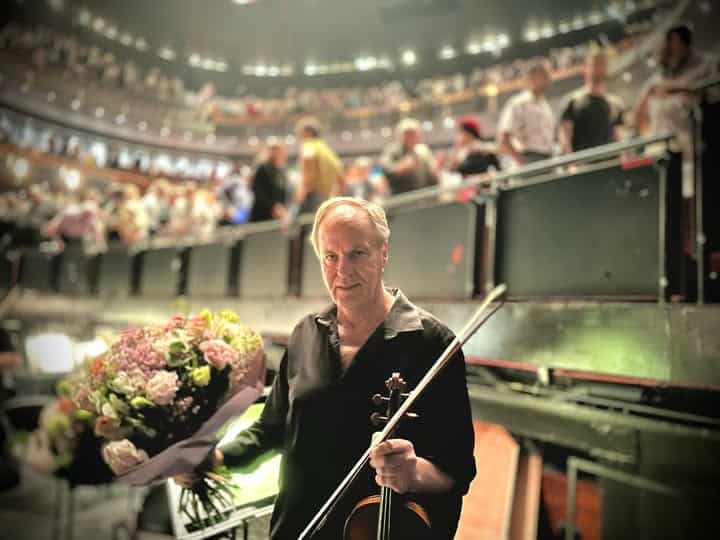Bridgerton composer presents first concerto
OrchestrasA new American violin concerto was paired with a popular Czech evergreen in the post-Thanksgiving concert of the Dallas Symphony Orchestra led Markus Poschner Friday night.
The latter work was For a Younger Self, a violin concerto in all but name, by composer Kris Bowers. Best known for his film and television work (The Green Book, Bridgerton, King Richard),the concerto is Bowers’ first concert work for orchestra….
Read on here.






Comments